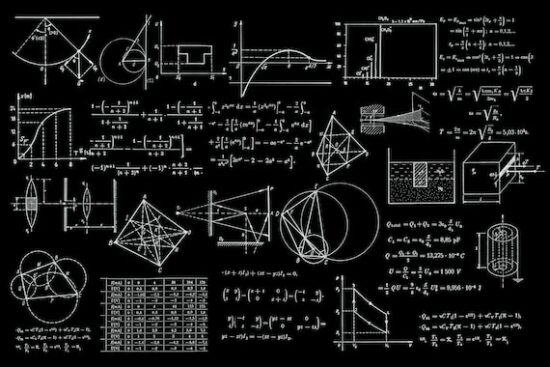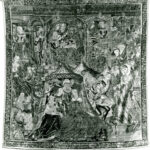Maximilien Marie, a renowned French mathematician and historian of mathematics, was born on January 1, 1819, in Paris. He hailed from a modest background, being the son of Simon Marie (1775–1855), an infantry captain in Napoleon’s Grande Armée, and Henriette Josephine de Ficquelmont (1780–1843), a member of the nobility of Lorraine who faced financial hardships. To support his family, Captain Marie was appointed as a tax collector in Méru, Oise. Maximilien spent his formative years in Méru alongside his older sister Mary and younger brother Leon.
After graduating from the prestigious École Polytechnique in 1838, Maximilien pursued further education at the École d’application de l’artillerie et du génie in Metz. However, his passion for mathematics led him to resign from the army and return to Paris in 1841. He became associated with the positivist movement and developed a close relationship with his former philosophy professor, Auguste Comte, who became his mentor. In 1844, Maximilien introduced Comte to his sister, Clotilde de Vaux, with whom Comte fell deeply in love. Tragically, Clotilde passed away from tuberculosis in 1846, straining the bond between Maximilien Marie and Comte.
Maximilien Marie’s accomplishments in the field of mathematics earned him recognition, and in 1862, with the support of esteemed mathematicians Joseph Liouville and General Jean-Victor Poncelet, he was appointed as a professor of Mechanics at the École Polytechnique. He later assumed the position of head of admissions in 1875. Alongside his academic pursuits at the Polytechnique, Maximilien Marie authored the book “Théorie des fonctions de variables imaginaires,” which explored the concept of the imaginary unit.
In his later years, Maximilien Marie ventured into politics during the Third Republic and served as the mayor of Châtillon. He retired from the École Polytechnique in 1890 and passed away a year later.
Maximilien Marie received honors for his contributions, becoming a chevalier (1876) and officer (July 12, 1880) of the Légion d’honneur.
Among his notable works, Maximilien Marie published a comprehensive twelve-volume encyclopedia titled “History of the Mathematics.” The encyclopedia comprised two parts: “Théorie des fonctions de variables imaginaires” (Volumes I to III, Gauthier-Villars, 1874–1876, 3 vols.) and “Histoire des sciences mathématiques et physiques” (Volumes I to XII, Gauthier-Villars, 1883–1888, 12 vols.)
Maximilien Marie had two siblings, an elder sister named Clotilde de Vaux, who gained fame as a positivist muse, and a younger brother named Léonard Marie (1820–1860), who served as a military officer trained at the École Polytechnique and tragically died in the Battle of Palikao without leaving any descendants.
On January 20, 1844, at the age of twenty-five, Maximilien Marie married Felicity Philiberte Aniel in Macon, Saône-et-Loire. Felicity was only fifteen years old at the time. They had a son named Charles-Paul-Augustin-Maximilien-Léon (1845–1886), who also graduated from the École Polytechnique and became a French military officer. Unfortunately, he lost his life during the Franco-Chinese War.
Sources
1. Marie, Charles-François-Maximilien. “Théorie des fonctions de variables imaginaires,” Volumes I to III, Gauthier-Villars, 1874–1876, 3 vols.
2. Wolff, Maurice. “Le roman de Clotilde de Vaux et de Auguste Comte,” Perrin, 1929, page 4.
3. Rouvre, Charles de. “L’amoureuse histoire d’Auguste Comte et de Clotilde de Vaux,” Calmann-Lévy, 1920.
4. Gouhier, Henri. “La vie d’Auguste Comte” (1931, reissued 1997), libr. phil. Vrin, Coll. bibl. des textes Phil.
5. Thérive, André. “Clotilde de Vaux ou La déesse morte,” Albin Michel, 1957.
6. Comte, Auguste. “Système de politique positive” (1851–1854).
7. Marie, Charles-François-Maximilien. “Théorie des fonctions de variables imaginaires,” Volumes I to III, Gauthier-Villars, 1874–1876, 3 vols.
8. Marie, Maximilien. “Histoire des sciences mathématiques et physiques” (Volume 3: de Viète à Descartes), 1884.







